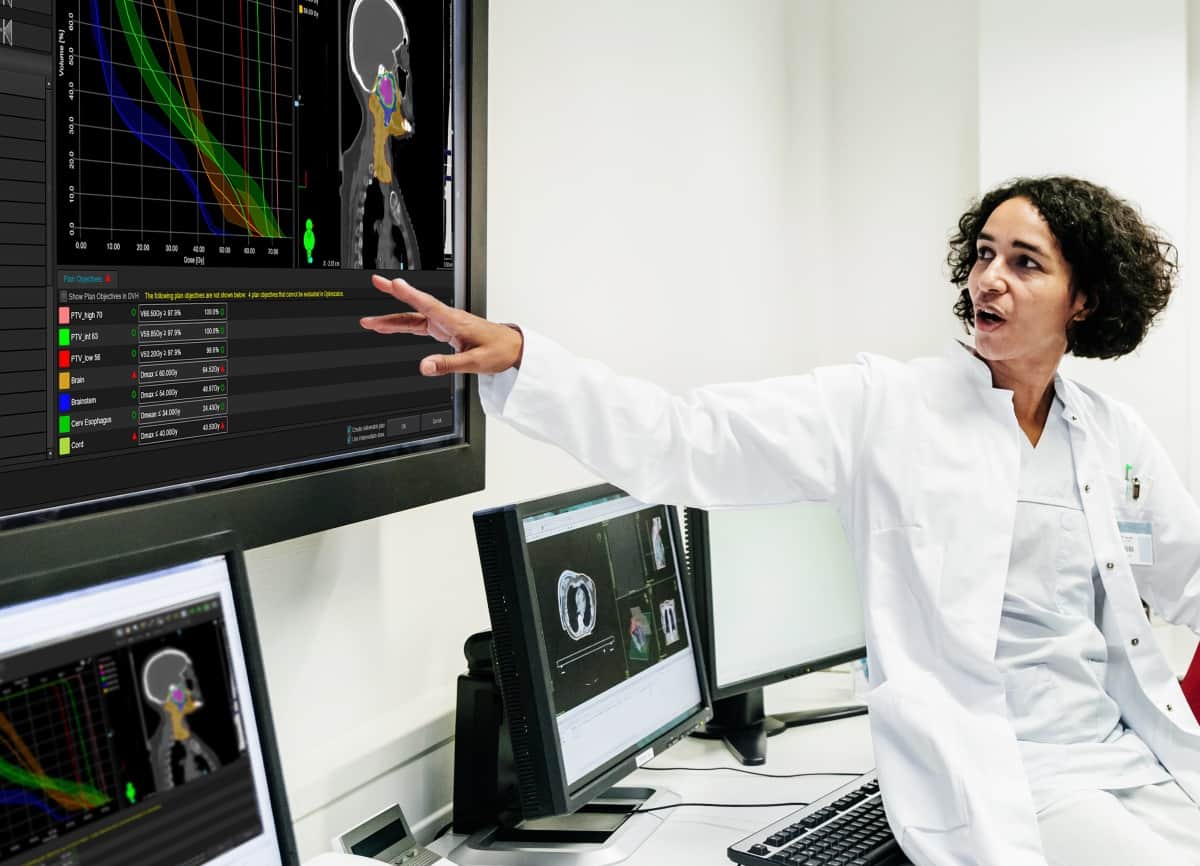Emerging Trends in Cancer Care 2021

Cancer is a prevalent issue in our society. In 2020, the National Cancer Institute estimated that 1.8 million people in the United States would receive a cancer diagnosis. Given how widespread this disease is, new treatments are always being developed.
Cancer is a group of diseases that cause cells to grow and divide instead of dying or breaking down. It can spread to other areas of the body or result in the growth of tumors. New trends are emerging that help patients with the diagnosis, treatment, and management of this disease. We’ve put together a few trends in cancer treatment that are expected to rise in popularity this coming year:
Alternative cancer treatments.
Due to the unpleasant side effects of chemotherapy, more cancer patients are seeking naturopathic therapies. While these treatments are not recommended to replace traditional oncological care, they can be used in coordination with it to alleviate some side effects.
A few examples of naturopathic therapies that are gaining popularity are ozone therapy, IV treatments, and hyperthermia treatment. Naturopathic therapies can be effective when used as a form of complementary care to traditional treatments.
In addition, new drugs to treat cancer are being approved each year. These include oral medications that weaken and kill cancer cells, as well as immunotherapy which focuses on strengthening the body’s immune system. These are exciting developments that promise better treatments for cancer patients.
Holistic treatment.
In the healthcare setting, the focus is on treating the symptoms of the disease. Holistic treatment is centered around treating the entire body. It considers a person’s social, spiritual, and mental needs along with their medical treatment.
Medical care providers are recognizing the importance of socialization in aging. Even with top-of-the-line treatment, patients will suffer if they don’t have the support of others. Given that cancer diagnoses are more common as people age, medical providers are finding more ways to keep cancer patients social. These include support groups, home care visits, and video calls.Preventative care.
As society becomes more aware about what causes cancer and how we can prevent it, it’s becoming more popular to adapt our lifestyles to avoid the disease in the first place.
Part of this includes regular screening tests to detect cancer as early as possible. People are also more aware of substances and chemicals that cause cancer, like sun exposure and smoking cigarettes. A varied diet with lots of vegetables, fruits, and less processed meats can help keep our bodies healthy. Vaccinations against infections like HPV and Hepatitis B help protect people against the development of some cancers.
A healthy lifestyle can also prevent some cancers. Studies have linked obesity to a higher risk of liver, kidney, and pancreatic cancer. Popular forms of exercise like running or yoga can help prevent this development.
As cancer awareness increases, so do preventative measures like eating healthily, getting vaccinated, and reducing risk exposure.
Telemedicine.
Due to COVID-19, many patients are trying to limit their contact with others. People with underlying health conditions, like cancer, are particularly susceptible to the virus. As a result, telemedicine is on the rise. This term describes remote care, where the doctor and patient interact via a video calling service. Cancer patients who are doing chemotherapy can receive home infusion services.
In 2021, we can expect to see an increase in remote patient care. This is for the safety of both patients and their care providers.
Artificial Intelligence (AI) for patient care.
An exciting development in the field of oncological care is the use of AI technology to improve cancer treatments. Cancer affects many different areas of the body and expresses itself in several ways. These complexities make it hard for doctors to find the best treatments for every diagnosis. AI can help oncologists make treatment plans, identify risks, and increase diagnostic accuracy. The use of AI also helps manage the rising costs of healthcare treatment. Given the cost-savings and improved patient experience that AI technology has to offer, patients can expect to see more of this tech in the healthcare system.
The field of cancer treatment continues to develop at a rapid pace. There is an ongoing drive in the medical community to find more effective treatments for this disease with fewer side effects. One day, we all hope to find a cure for cancer.